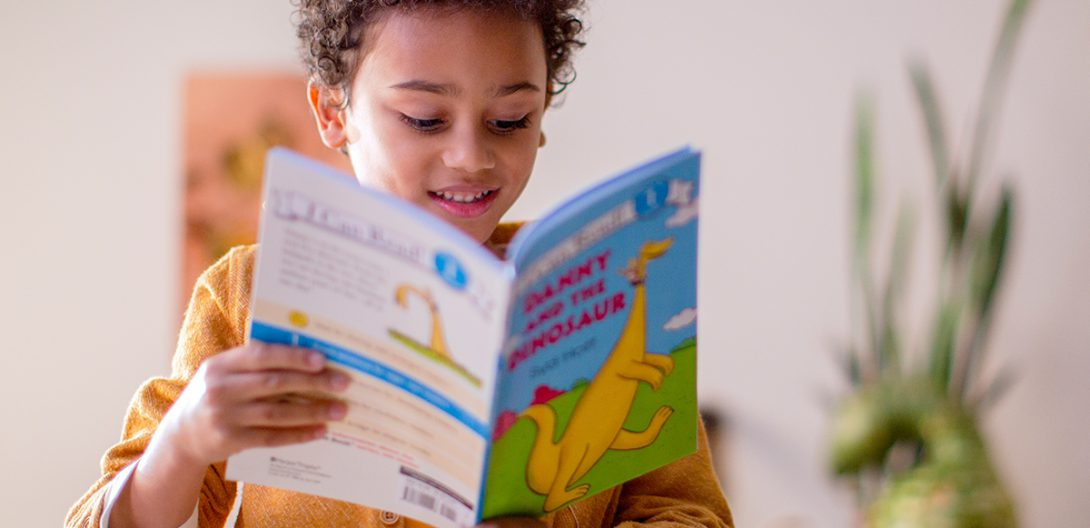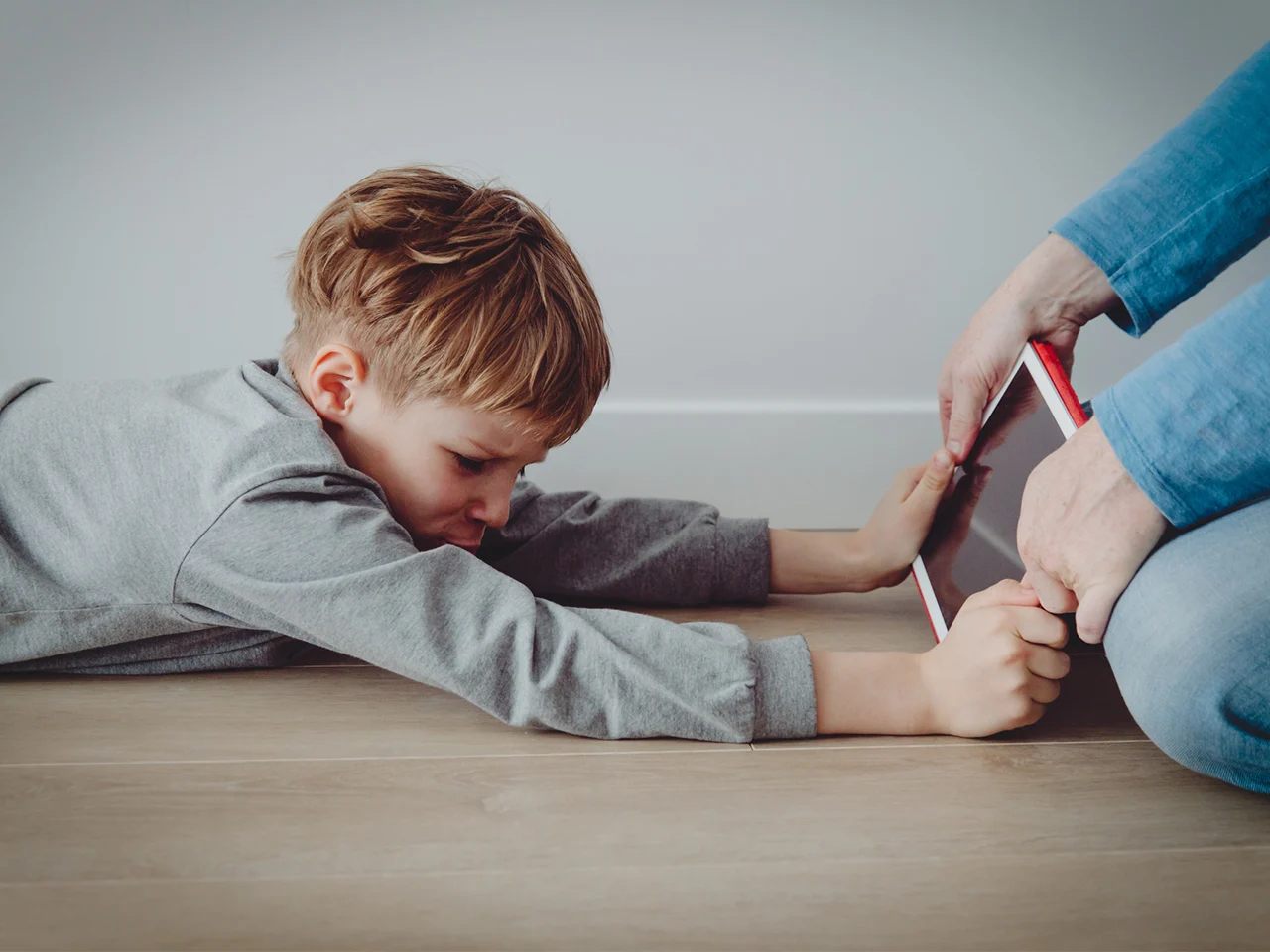
In today’s digital age, it’s hard to avoid screen time for our children. With smartphones, tablets, computers, and television, screens are everywhere. While some screen time is necessary for learning and entertainment, it’s important to consider how it affects our children’s brain development. In contrast, reading is a traditional activity that has been around for centuries. But how does reading compare to screen time when it comes to brain development? In this article, we’ll explore the benefits and drawbacks of each, and help you make an informed decision for your child’s wellbeing.

The Benefits of Reading for Brain Development
Improves Vocabulary and Language Skills
Reading is an excellent way for children to improve their vocabulary and language skills. As children read books, they encounter new words and are exposed to different sentence structures and writing styles. This exposure to new words and sentence structures can help children develop a better understanding of language and improve their overall communication skills.
Enhances Cognitive Skills
Reading can also enhance cognitive skills such as memory, attention, and problem-solving abilities. When children read, they are required to remember information from earlier in the text to understand the story. They also need to pay attention to the plot and characters, which can improve their attention span. Additionally, reading can improve problem-solving abilities by exposing children to different scenarios and requiring them to think critically about the plot and characters.
Fosters Empathy and Emotional Intelligence
Reading can also foster empathy and emotional intelligence in children. As children read stories, they are exposed to different emotions and perspectives, which can help them develop empathy and understand other people’s feelings. This exposure to different emotions and perspectives can also help children develop emotional intelligence, which is an important skill for navigating social situations.
Boosts Imagination and Creativity
Reading can also boost children’s imagination and creativity. As children read stories, they are exposed to different worlds, characters, and situations, which can inspire them to use their own imagination and creativity to create their own stories and scenarios.

The Benefits of Screen Time for Brain Development
Enhances Visual and Spatial Skills
Screen time can enhance children’s visual and spatial skills by exposing them to different types of media. For example, playing video games can require children to manipulate objects in a virtual space, which can improve their spatial reasoning skills. Watching educational videos can also improve visual and spatial skills by introducing children to different concepts and ideas.
Provides Access to Educational Content
Screen time can provide children with access to educational content that they may not have access to otherwise. For example, children can watch educational videos on a variety of topics, such as science, history, and geography. Additionally, there are many educational apps and games that can help children learn and develop important skills.
Facilitates Communication and Social Interaction
Screen time can also facilitate communication and social interaction. For example, children can use video chat to communicate with family and friends who live far away. Additionally, social media can help children connect with other children who have similar interests and hobbies.

The Drawbacks of Reading for Brain Development
May Be Time-Consuming
One of the drawbacks of reading for brain development is that it can be time-consuming. Children may need to spend a significant amount of time reading to see the benefits, which can be difficult if they have other activities and commitments.
Limited Interactive Opportunities
Reading can also have limited interactive opportunities compared to other activities, such as playing games or participating in group activities. This lack of interaction can be a drawback for children who enjoy socializing and learning through group activities.
Potential for Boredom or Disinterest
Some children may find reading to be boring or uninteresting, which can be a drawback for their brain development. If children are not engaged in what they are reading, they may not see the same benefits as children who enjoy reading.

The Drawbacks of Screen Time for Brain Development
Affects Sleep Patterns
Screen time can affect children’s sleep patterns by disrupting their circadian rhythms. Exposure to blue light from screens can interfere with the production of melatonin, which is a hormone that regulates sleep. This can lead to difficulty falling asleep and staying asleep, which can affect children’s overall health and wellbeing.
May Contribute to Attention Problems
Excessive screen time can also contribute to attention problems in children. Studies have found that children who spend more time on screens have a higher likelihood of developing attention problems, such as ADHD. This is likely due to the overstimulation that screens provide, which can make it difficult for children to focus on other tasks.
Can Lead to Obesity and Poor Physical Health
Excessive screen time can also lead to obesity and poor physical health in children. Spending too much time sitting in front of screens can lead to a sedentary lifestyle, which can contribute to weight gain and other health problems. Additionally, exposure to blue light from screens can disrupt the production of melatonin, which can affect children’s sleep patterns and overall health.
Finding a Balance: Reading vs. Screen Time
Consider Your Child’s Age
When finding a balance between reading and screen time, it’s important to consider your child’s age. Young children may benefit more from reading, while older children may benefit from a combination of reading and screen time activities.
Monitor Screen Time Use
It’s important to monitor your child’s screen time use to ensure that it is not excessive. Set limits on screen time use and encourage your child to engage in other activities, such as reading, playing outside, or participating in sports.
Make Screen Time Educational
Make sure that your child’s screen time activities are educational and beneficial. Choose educational apps, games, and videos that can help your child learn and develop important skills.
Set Limits and Boundaries
Set limits and boundaries on both screen time and reading to ensure that your child has a well-rounded set of activities. For example, limit screen time to one or two hours per day and encourage your child to read for pleasure for at least 30 minutes each day.
Encourage Reading for Pleasure
Encourage your child to read for pleasure by providing a variety of books and reading materials that match their interests and reading level. Set aside regular reading time and make it a part of your child’s routine.
Conclusion
In the debate of Reading vs. Screen Time: Which is Better for Your Child’s Brain Development?, both have benefits and drawbacks. Reading improves language and cognitive skills, while screen time can enhance visual and spatial skills and provide access to educational content. However, screen time can also lead to sleep problems and attention issues, while reading may be time-consuming and limited in interactive opportunities. It’s important to find a balance between the two activities and monitor your child’s screen time use. By encouraging regular reading time and offering a variety of reading materials, you can help your child develop a love for reading and improve their brain development.
As a parent, it’s important to prioritize your child’s brain development and make informed decisions about their activities. Reading and screen time can both play a role in your child’s development, but finding a balance is key. By being aware of the benefits and drawbacks of each activity, you can make the best decisions for your child’s wellbeing.
In conclusion, both reading and screen time can be beneficial for your child’s brain development, but they need to be balanced. Encourage your child to read for pleasure and make screen time educational. Monitor your child’s screen time use and set limits to ensure they have a well-rounded set of activities that promote their cognitive, physical, and emotional development. By finding a balance between reading and screen time, you can help your child thrive and grow into a well-rounded individual. If you want your child to read more, visit our 2-minute-test for parents to find the best personalized book for your kid.
FAQs
1. Is it bad for children to use screens?
No, not all screen time is bad for children. It’s important to monitor screen use and make sure it’s balanced with other activities like reading, playing outside, and spending time with family and friends.
2. How much screen time is too much for my child?
The American Academy of Pediatrics recommends no more than one hour of screen time per day for children ages 2-5 and no more than two hours per day for children ages 6 and older.
3. How can I encourage my child to read more?
One way is to set aside regular reading time and make it a part of your child’s routine. You can also offer a variety of books and reading materials that match your child’s interests and reading level.






